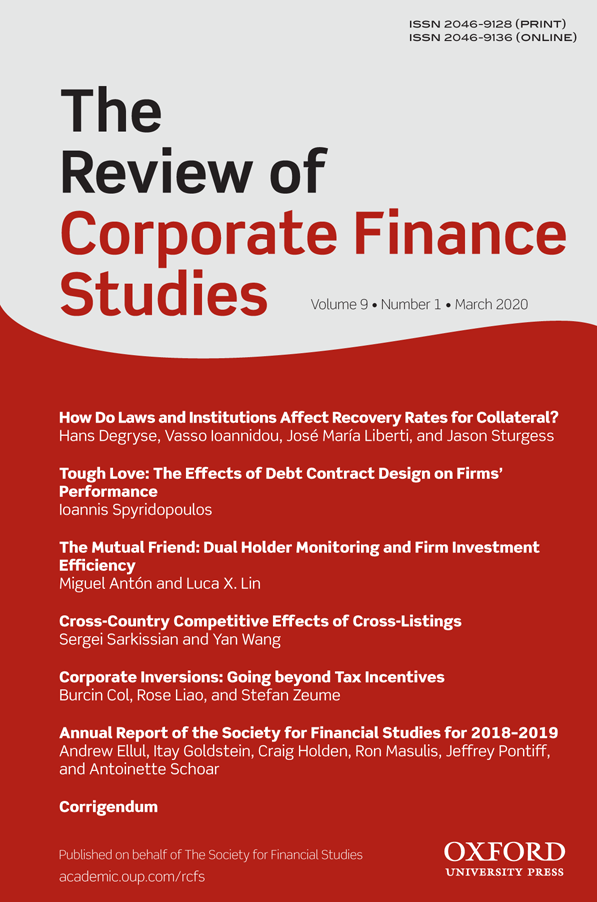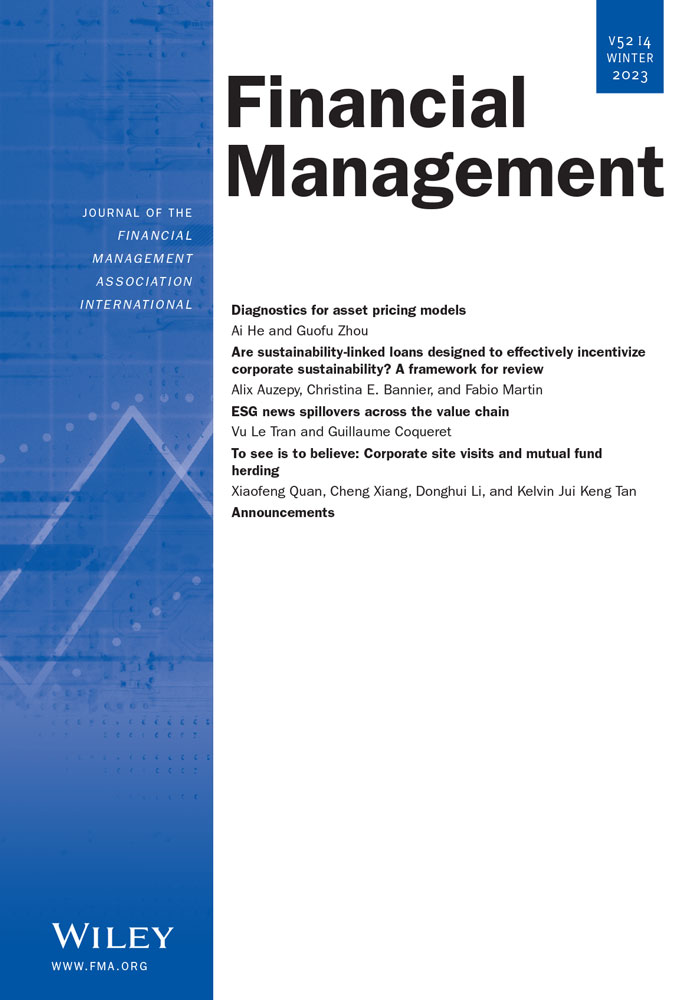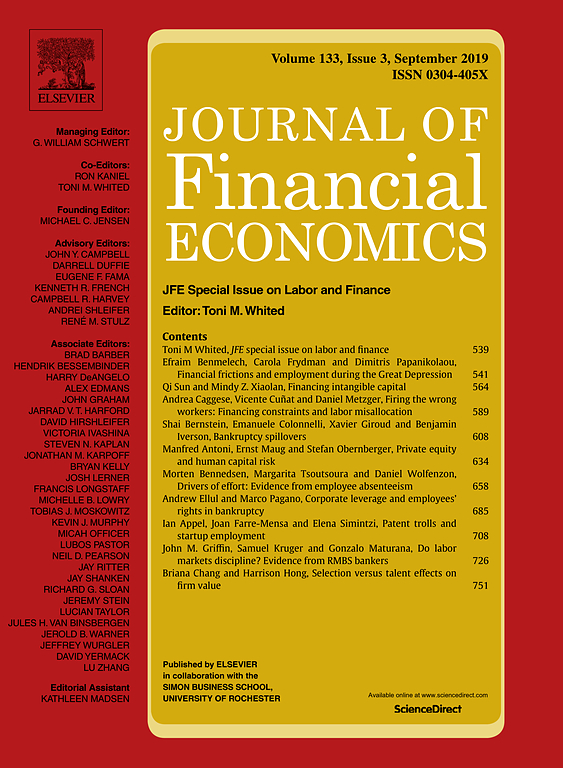Professor Dr. Daniel Streitz

Aktuelle Position
seit 1/23
Leiter der Forschungsgruppe Finanzintermediäre und die Realwirtschaft
Leibniz-Institut für Wirtschaftsforschung Halle (IWH)
seit 4/21
Senior Research Advisor der Abteilungen Finanzmärkte und Gesetzgebung, Regulierung und Faktormärkte
Leibniz-Institut für Wirtschaftsforschung Halle (IWH)
seit 4/21
Professor für Volkswirtschaftslehre
Friedrich-Schiller-Universität Jena
Forschungsschwerpunkte
- Finanzintermediation
- Unternehmensfinanzierung
- Geldpolitik
Daniel Streitz ist seit April 2021 Senior Research Advisor am IWH und Professor an der Friedrich-Schiller-Universität Jena. Zu den Schwerpunkten seiner Forschung gehören die Finanzintermediation und die Unternehmensfinanzierung.
Daniel Streitz studierte an der Westfälischen Wilhelms-Universität Münster und promovierte an der Humboldt-Universität zu Berlin. Bevor er zum IWH kam, war er Assistenzprofessor an der Copenhagen Business School.








